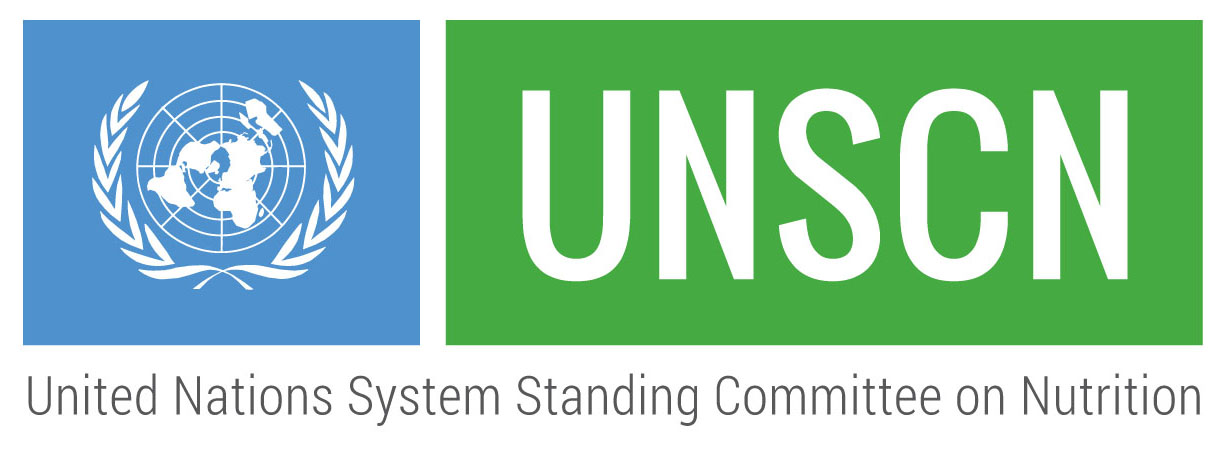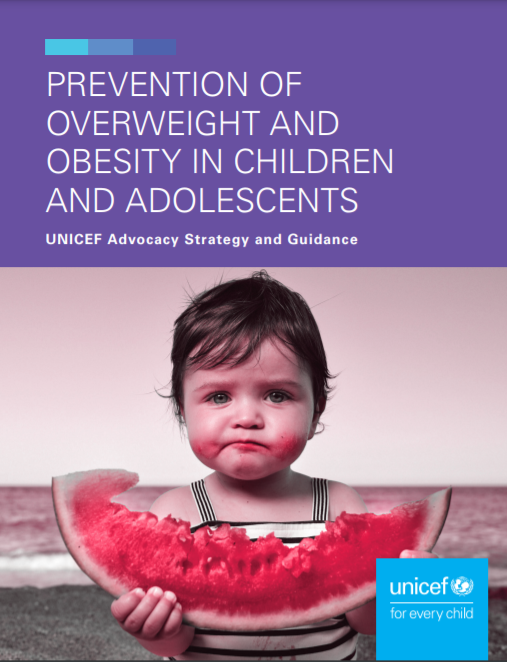Methods, Tools and Indicators
UNICEF Core Commitments for Children in Humanitarian Action

UNICEF has released its revised Core Commitments for Children in Humanitarian Action (CCCs). Grounded in global humanitarian norms and standards, the CCCs set organizational, programmatic, and operational commitments and benchmarks for UNICEF.
The CCCs have been revised to equip UNICEF and its partners to deliver principled, timely, quality and child‑centred humanitarian response and advocacy in any crises with humanitarian consequences.
For Nutrition, the revised CCCs describe eight commitments to ensure children, adolescents, and women have access to diets, services and practices that improve their nutritional status in humanitarian crisis:
- Leadership and coordination
- Information systems and nutrition assessments
- Prevention of stunting, wasting, micronutrient deficiencies and overweight in children aged under five years
- Prevention of undernutrition, micronutrient deficiencies, and anaemia in middle childhood and adolescence
- Prevention of undernutrition, micronutrient deficiencies, and anaemia in pregnant women and breastfeeding mothers
- Nutrition care for wasted children
- System strengthening for maternal and child nutrition
- Community engagement for behaviour and social change
To fulfil these commitments, UNICEF draws upon multiple resources including those in UNICEF's Nutrition in Emergencies Training and those developed by the Global Nutrition Cluster and the Infant Feeding in Emergencies Core Group.





